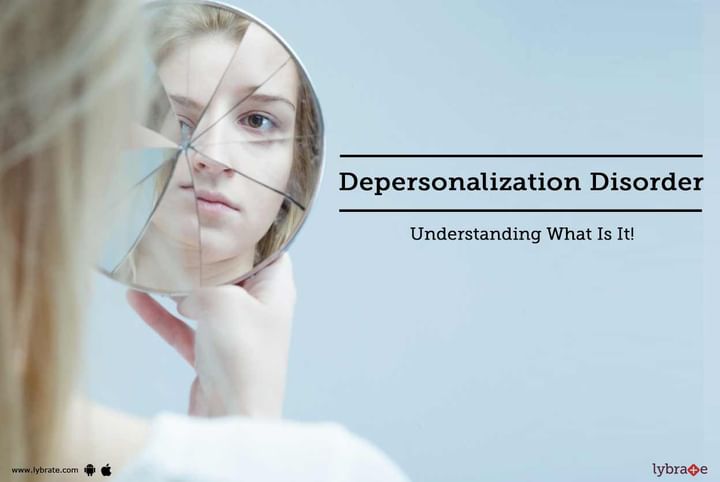Depersonalization Disorder - Understanding What Is It!
Sometimes you may feel like you are observing yourself from outside your body. For most people, this is a passing feeling but for some it can be a persistent feeling. This is known as depersonalization disorder. This dissociative disorder is most common amongst people who have suffered from a traumatic experience. In some cases it may interfere with relationships, work life and other types of daily activities. This disease may also be a sign of other personality disorders, seizures, brain disease or substance abuse.
Observing yourself from the outside is one of the most common signs of depersonalization disorder. Some other symptoms to watch out for are:
- Feeling like you are not in control of your speech or movements
- Feeling like parts of your body have got distorted, enlarged or shrunk
- Feeling like you are a robot
- Emotional numbness
- Physical numbness
- Feeling like your memories are not your own
- Distortions of time
- A distorted understanding of the size, distances, etc
- Feeling emotionally disconnected from people
- Feeling alienated in familiar surroundings
These episodes can last for hours, days, weeks or months and vary in terms of severity as well. Though the exact cause of this disorder is not known, it may be linked to an imbalance of neurotransmitters in the brain. This makes parts of the brain more vulnerable to stress and fear. Depersonalization can be triggered by a number of factors including
- Childhood trauma such as witnessing domestic abuse, a recent traumatic experience such as an accident or the unexpected death of a loved one.
- Stress
- Develop as a result of growing up with a mentally impaired parent.
- The use of Hallucinogens
- Depression, anxiety or other mental disorders
- Seizures of head injuries
- Personality traits that make a person avoid difficult situations
Depersonalization is not a serious disorder on its own, but it can interfere with a person’s daily life. It can also cause difficulties remembering facts and focussing on tasks. It can also interfere with your daily routine activities and relationships.
In most cases, the symptoms go away with time but in some cases, you may need medication. Treatment is usually advised only in cases of recurrent episodes or when the disorder affects daily life and is customized to the patient's symptoms. The goal of treatment of depersonalization is to address the stress resulting from the disorder. This treatment could be in the form of medication, family therapy, cognitive therapy, clinical hypnosis or a combination of them. If you wish to discuss any specific problem, you can consult a Psychiatrist.



+1.svg)
